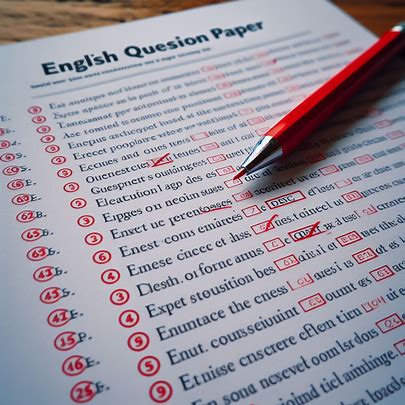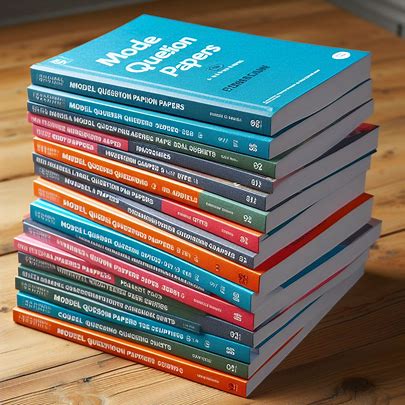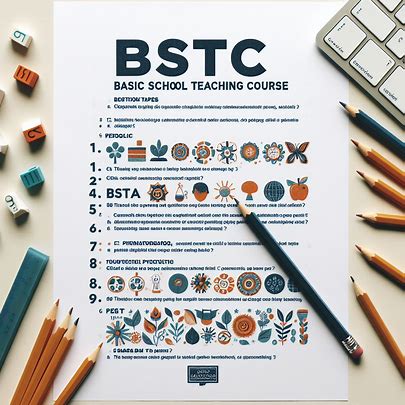Pharm D 5th Year Previous Question Papers: A Comprehensive Guide
Table of contents
- Pharm D 5th Year Previous Question Papers: A Comprehensive Guide
- Introduction
- Why Are Pharm D 5th Year Previous Papers Important?
- Where to Find Pharm D 5th Year Previous Question Papers?
- Key Topics and Weightage
- Finding Pharm D Previous Question Papers:
- Utilizing Past Papers Strategically:
- Download Pharma D Question Paper
- The Road to Pharm D Success
- Conclusion
- Frequently Asked Questions (FAQ) – Pharm D 5th Year Previous Question Papers
Introduction
As Pharm D students embark on their final year, the quest for reliable resources becomes paramount. One such treasure trove lies in the pharm d 5th year previous question papers. In this post, we’ll explore the significance of these papers, delve into key topics, and provide insights to help you excel in your exams.

Why Are Pharm D 5th Year Previous Papers Important?
- Exam Insight: Analyzing previous years’ question papers gives you a sneak peek into the exam pattern, question types, and time management strategies.
- Topic Prioritization: Recognize recurring themes and prioritize your study plan accordingly. Some topics carry more weightage, and these papers help you identify them.
- Self-Assessment: Attempting these questions under timed conditions allows you to gauge your knowledge and fine-tune your approach. It’s your personal mock exam.
Where to Find Pharm D 5th Year Previous Question Papers?
- FirstRanker.com: Visit FirstRanker’s Pharm D Question Papers section. Here, you’ll find question papers spanning from 2010 to 2022 for all five years of Pharm D. These PDFs cover subjects like Human Anatomy and Physiology, Pharmaceutics, Medicinal Biochemistry, and more.
- JNTUH Official Website: Download Pharm D 5th Year previous question papers directly from the JNTUH official website. These papers cover Clinical Research, Pharmacoepidemiology, Pharmacoeconomics, Clinical Pharmacokinetics, and more.
- PharmDia: PharmDia offers a collection of Pharm D 5th year question papers from JNTU (2016 to 2020).
- Dr. MGR Medical University: For those studying at Dr. MGR Medical University, explore PharmD fifth-year question papers from 2009 to 2017. These papers provide valuable insights for your preparation.
Key Topics and Weightage
Clinical Research
- Understand research methodologies, clinical trials, and ethical considerations.
- Dive into evidence-based medicine and critical appraisal.
Pharmacoepidemiology and Pharmacoeconomics
- Explore the impact of drugs on populations.
- Learn about cost-effectiveness, health economics, and drug utilization.
Clinical Pharmacokinetics and Pharmacotherapeutic Drug Monitoring
- Master the principles of drug absorption, distribution, metabolism, and elimination.
- Understand therapeutic drug monitoring and individualized dosing.
Finding Pharm D Previous Question Papers:
- University Websites: Many universities upload past question papers, including those for Pharm D programs, on their official websites. Check the website of your university’s pharmacy department for 5th-year papers (or similar resources).
- Educational Websites & Forums: Several educational websites and online forums cater specifically to pharmacy students. Search for reputable platforms offering resources like past Pharm D question papers. You might find papers for various years, including the 5th year.
- Seniors & Alumni Network: Connect with seniors or alumni from your Pharm D program. They might have access to or share past question papers from their 5th year.
Utilizing Past Papers Strategically:
- Timed Practice Sessions: Simulate real exam conditions by setting a timer while attempting past paper questions.
- Review Answers & Explanations: Don’t just check answers. Analyze why a specific answer is correct and the reasoning behind incorrect options. Look for answer explanations if available.
- Identify Knowledge Gaps: Utilize past papers to expose topics requiring further study.
Download Pharma D Question Paper
| Pharm.D First Year | Click here |
| Pharm.D Second Year | Click here |
| Pharm.D Third Year | Click here |
| Pharm.D Fourth Year | Click here |
| Pharm.D Fifth Year | Click here |
The Road to Pharm D Success
The 5th year of Pharm D is a demanding but rewarding experience. By strategically utilizing past question papers alongside a comprehensive study plan, you can significantly increase your chances of acing your exams and embarking on your journey as a qualified pharmacist.
Conclusion
Pharm D 5th Year previous question papers are your secret weapon. Combine them with focused study, practice, and confidence. Remember, success is not accidental; it’s intentional. Best of luck on your journey toward becoming a skilled pharmacist! 💊📚
Frequently Asked Questions (FAQ) – Pharm D 5th Year Previous Question Papers
1. What is Diploma in Pharmacy (D. Pharma)?
- D. Pharma is a diploma course in pharmacy that focuses on pharmaceutical sciences, drug formulation, dispensing, and patient care. It is a 2-year program (after 10+2) that trains students to become pharmacy professionals.
2. What can I do after completing D. Pharma?
- After D. Pharma, you can pursue various career paths:
- Work as a pharmacist in retail or hospital pharmacies.
- Join the pharmaceutical industry in roles such as production, quality control, or regulatory affairs.
- Explore research and development (R&D) in pharmaceutical companies.
- Pursue higher education (like B. Pharm or Pharm. D) for better career prospects.
3. How much do D. Pharma graduates earn?
- Salaries fluctuate depending on factors such as geographical location, level of experience, and job position. On average, D. Pharma graduates can earn a starting salary of around ₹2-3 lakhs per year.
4. What is the eligibility criteria for D. Pharma courses?
- To be eligible for D. Pharma, you must have completed 10+2 with a science background (Physics, Chemistry, and Biology/Mathematics).
5. What is the difference between D. Pharma and B. Pharm?
- D. Pharma is a diploma course (2 years), while B. Pharm is a bachelor’s degree (4 years).
- B. Pharm offers more in-depth knowledge and better career prospects.
- B. Pharm graduates can pursue higher studies like M. Pharm or Pharm. D.
6. What are the benefits of pursuing a D.Pharma course?
- D.Pharma offers a relatively quicker path to a pharmacy career compared to B.Pharma. It equips you with job-ready skills and opens doors to various employment opportunities within the pharmaceutical sector.
7. What skills are essential for a successful D.Pharma career?
- Strong communication, interpersonal skills, accuracy, and a keen interest in science and healthcare are valuable assets for D.Pharma graduates.
8. What kind of jobs can I get after completing a D.Pharma course?
- D.Pharma graduates can find employment in various settings, including:
- Retail pharmacies
- Hospital pharmacies
- Pharmaceutical companies (production, quality control)
- Drug manufacturing units
- Clinical research organizations








